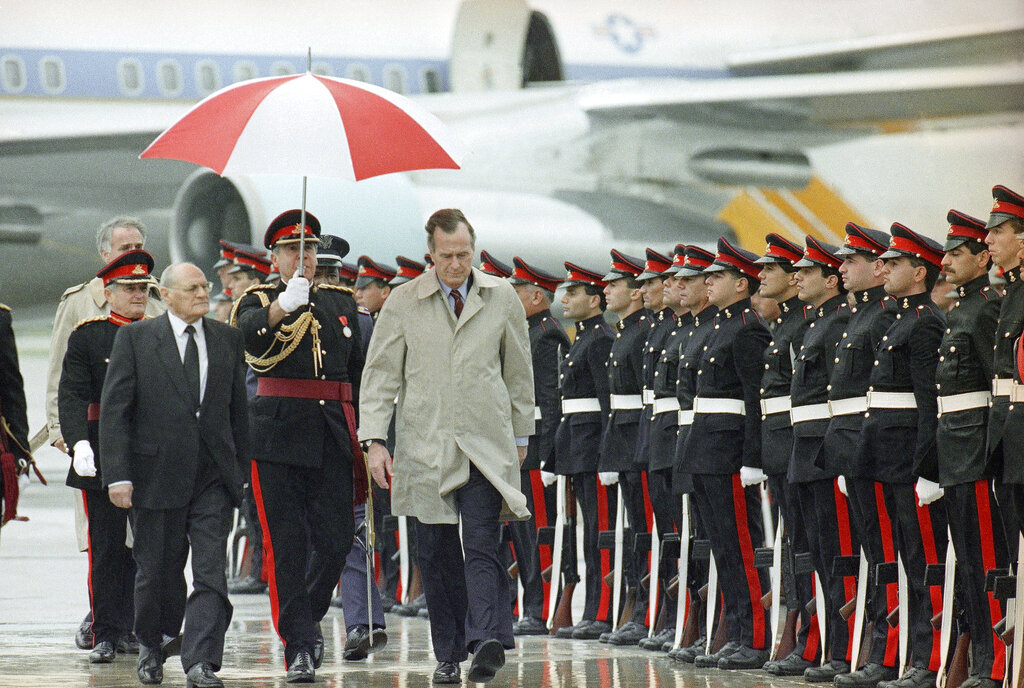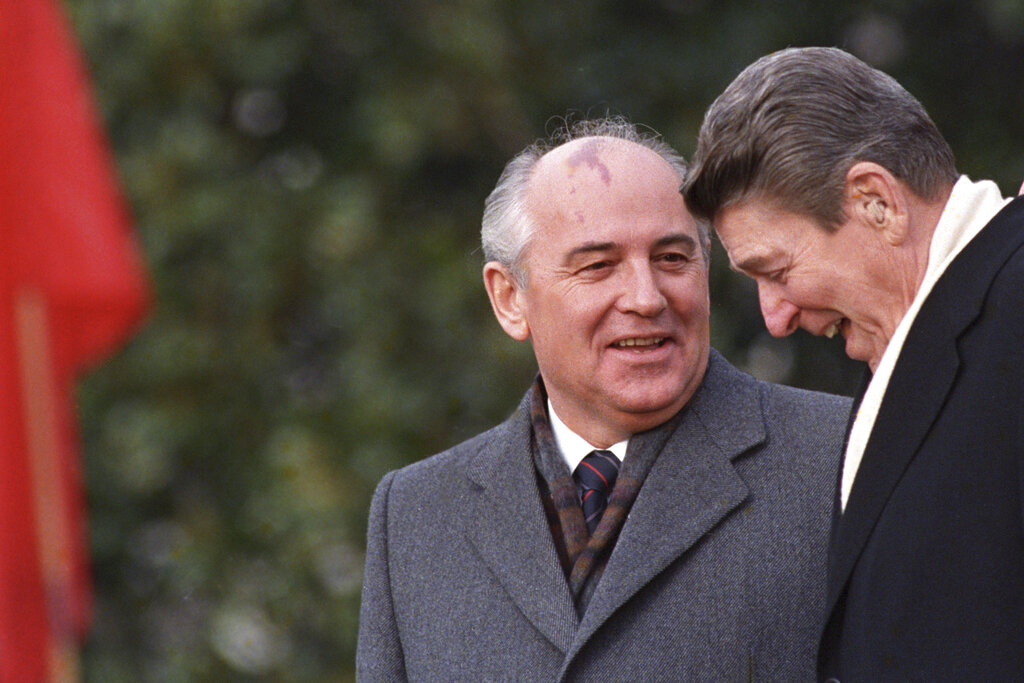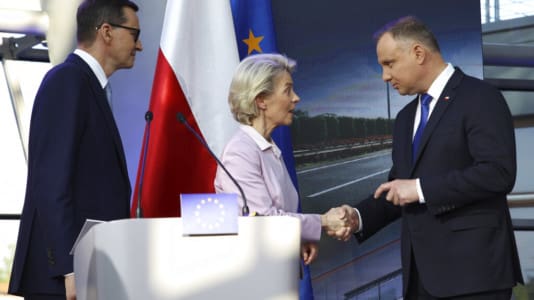Nobel Peace Prize-winning former Soviet party and state leader Mikhail Gorbachev, who played a historic role in the eradication of the socialist order in the former Soviet Union and its allied countries, died on Tuesday at the age of 91.
Mikhail Sergeyevich Gorbachev was born on March 2, 1931, in the village of Privolnoye in the Stavropol border region, into a working-class family. In 1950, he enrolled at the law faculty of Lomonosov University in Moscow and joined the Communist Party of the Soviet Union (CPSU) while still an undergraduate. After his university years, he returned to his homeland in 1955, where he became the first secretary of the party committee of the Stavropol border region in April 1970, after holding Komsomol (the Communist party’s youth association) and other party positions. In addition to his law degree, he also obtained a degree in agricultural economics in 1967.
In 1971, he was elected to the Central Committee (CC) of the Communist Party of the Soviet Union. In 1978, he became the secretary of the Central Committee responsible for agriculture, and from October 1980 he was able to participate in the meetings of the highest party body, the Political Committee (PC), as a full-fledged permanent member. He reached the top at an unusually young age in Soviet terms, at the age of 54: After the death of Viktor Chernyenko, on March 11, 1985, at the suggestion of Foreign Minister Andrey Gromiko, the Central Committee of the CPSU elected him secretary general.
From Oct. 1, 1988, he was also the chairman of the Presidium of the Supreme Council, the Soviet collective body of heads of state.
His youthful vigor and initiative lent a new color to the ossified Soviet domestic and foreign policy, ending the period of Brezhnev stagnation. In 1986, at the 27th congress of the Communist Party, he announced “perestroika” (transformation), the radical reorganization of economic and political life and the social control of politics with the slogan of “glasnost” (openness) introduced in 1988.
One of the central elements of Gorbachev’s new political thinking was the proposition that every person has a sovereign right to choose. Under his leadership, the Soviet Union introduced the multi-party system and the development of democratization. In the framework of reforming the political system, the institution of the head of state was introduced, and on March 15, 1990, the party Secretary General Gorbachev was elected the first — and, as it would turn out, last — president of the Soviet Union.
Following the changes he initiated in the Soviet Union, Central and Eastern European countries also shifted, and the attempt to build a socialist society in the region came to an end. At the December 1989 meeting in Malta, Gorbachev and U.S. President George Bush declared the end of the Cold War era.

The withdrawal of Soviet troops from Afghanistan, Eastern Europe, and Mongolia, the regularization of Soviet-American summit consultations, the conclusion of the START treaty aimed at nuclear disarmament, and the realization of German unity brought about a worldwide reorganization.
When Gorbachev received the Nobel Peace Prize on Oct. 15, 1990, the justification highlighted his merits in the transformation of East-West relations and the fact that he contributed to the strengthening of international trust by creating a greater openness in Soviet society.
Gorbachev let the genie out of the bottle, but the forces thus released swept him aside. He politically survived the August 1991 coup attempt by the conservative camp in Moscow at the cost of losing his position as party secretary general. Russian President Boris Yeltsin saved him, pulling the country out of the chaos a few months later. After the establishment of the Commonwealth of Independent States on Dec. 8, 1991, Gorbachev resigned from the post of president of the Soviet Union on Dec. 25.
In the following years, he took part in the 1996 presidential election, founded the Russian Social Democratic Party, which he was the leader of until 2004, and even in 2012, he was thinking about a social democratic project. In 1992, he founded his international foundation supporting social, economic, and political research and became president of the International Green Cross environmental protection organization. He was the founding president of the World Political Forum established in 2003, participated in international conferences, and received numerous awards and recognitions.
In 2011, he was awarded Russia’s highest award, the Order of Merit named after Saint Andrew the Apostle (Andrej Pervozvanny), and the Franz Josef Strauss Prize in Munich.
In his country, a considerable number of people associate his name with the collapse of the Soviet Union and the chaos that followed, but based on his life path and actions, the world still recognizes him as a respected personality measured by historical standards and as one of the most decisive politicians of the second half of the 20th century.
In addition to numerous articles and studies, he has published several books. In 2012, he dedicated a significant part of his book “Face to Face” to his beloved wife Raisza, who died of leukemia in 1999. His book “After the Kremlin” was published in November 2014, which is about the power struggle that led to the disintegration of the Soviet Union.





